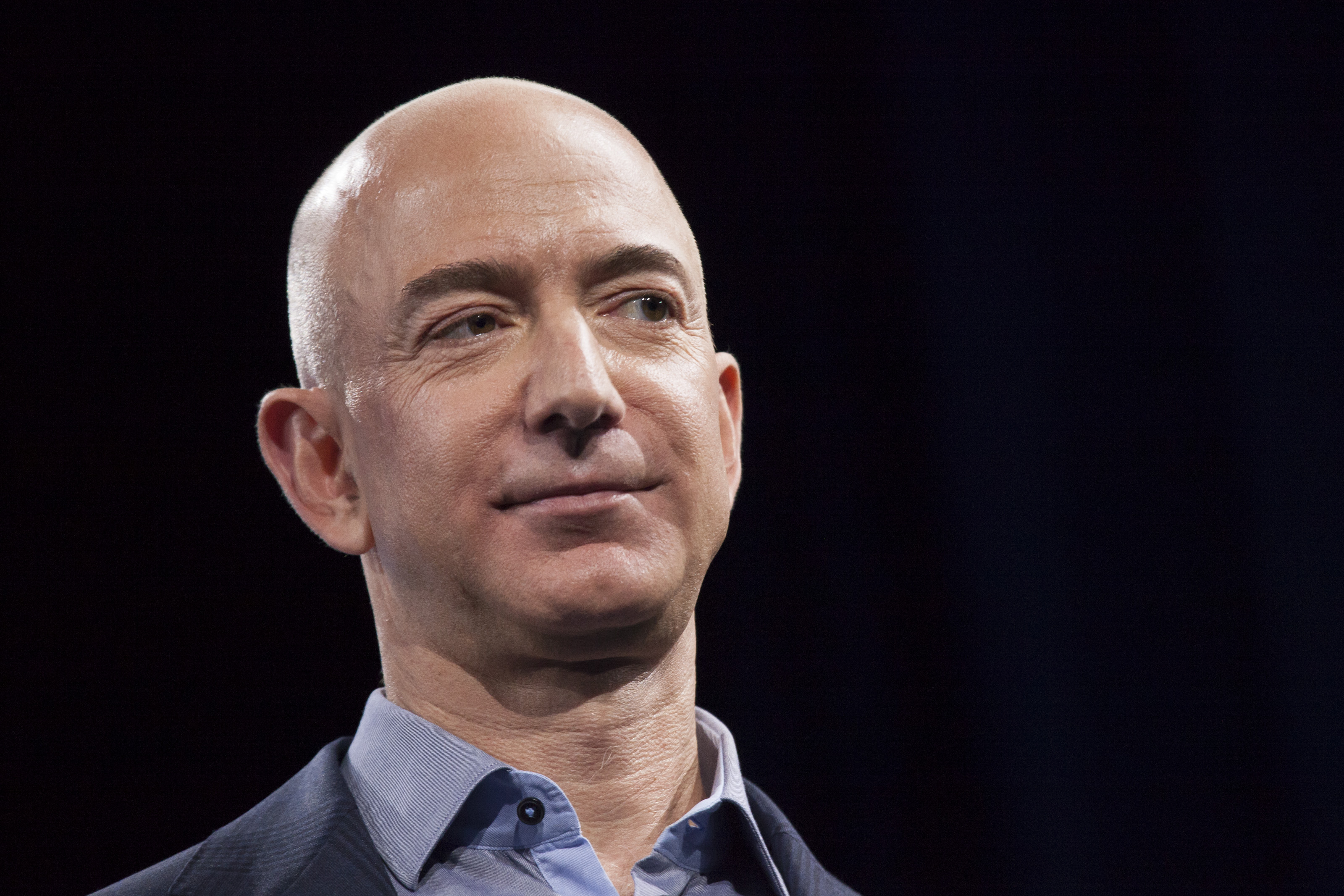Running a successful company doesn’t just happen out of the blue; it’s a journey. It doesn’t matter how fast your business or career takes off, because if you haven’t already learned some critical life lessons and developed a rock solid work ethic, then that growth won’t be sustainable.
That’s true in the experience of self-made moguls, from Bill Gates to Oprah Winfrey, whose careers all began with tangential jobs that paved the way for them to lead others — and earn billions. Steal their learnings here.
Bill Gates: Push yourself to do better work
Before Bill Gates started Microsoft, he was working for Bonneville Power Administration, which was “a quasi-governmental entity that controls the power grid in the Northwest,” as he explained to The Atlantic. “We were computerizing the power grid. And the company that BPA had contracted with, TRW.” While Gates didn’t have much interest in the work he was doing, he learned the value of taking feedback to heart and pushing himself to do better.
“It was a seminal experience for me, because TRW had brought its very best programmers to program there,” he said. “I would write code and these super smart guys would look it over and tell me, ‘Hey, this isn’t very good, this isn’t very good’… So my whole programming skill during the year I was there went a whole notch up.”
Oprah Winfrey: Turn your discomfort into an advantage
Before she was a talk show host, Oprah was a 19-year-old working for a local news station as a story writer. She didn’t tell the full truth in order to get the job. When asked if she could run a camera and write a news story, “I lied and said, ‘Sure I can,'” she remembered on her website. Soon, she realized that the job wasn’t the best fit — and that epiphany was what led her to find her passion.
“I wasn’t a really good reporter. As a reporter, you’re not supposed to empathize with the people that you’re reporting on, and it’s very difficult to be writing copy when somebody’s been in an accident,” she said. After leaving that position, she would embark upon a dazzling career that played to her biggest strengths — empathizing and connecting with people.
Sara Blakely: Persevere in the face of rejection
Sara Blakely, the CEO of Spanx, wasn’t always good at sales, but she eventually became a master in it through pure perseverance. When she was in her early 20s, she landed a job at office supply company Danka and was thrown into cold-calling. “They gave me a cubicle, a phone book, and a territory of four zip codes in Clearwater and said, ‘Now go sell $20,000 of fax machines a month door-to-door,’” she told Forbes. “I’d get business cards ripped up in my face because I was soliciting.”
Less than five years later, she was a national sales trainer. That experience, and the knack she’d developed for convincing people that what she was selling something of real value, came in very handy when convincing a series of skeptics to take Spanx seriously.
Michael Bloomberg: Always choose growth potential over salary
Michael Bloomberg’s biggest takeaway from his pre-success was to not only work hard, but to work towards a better job, even when it meant making less money. “I ended up taking a job that paid about 40 percent less than another firm was offering, because I thought it would be a better fit,” he said at a Villanova University commencement address in 2017 of his early job at Salomon Brothers. “It was one of the best decisions I ever made, even though I got fired after 15 years… Don’t worry about making some grand long-term plan. And don’t take a job based on salary. Take the job you’ll most enjoy working at, and then work like crazy.”
Marc Benioff: Find one big customer
When Salesforce CEO Marc Benioff was just 19 years old, he took an early job working for Steve Jobs as an assembly language programmer for Apple. The two lessons he took away from Jobs: “One, Salesforce better be 10 times larger in 24 months or less, or else it’s over. Two, you have to close a huge massive customer, like Avon.”
Jeff Bezos: Customer service matters
Incredibly, the world’s richest man used to work at McDonald’s. “You learn a lot as a teenager working at McDonald’s,” he has said of the experience. “It’s different from what you learn in school. Don’t underestimate the value of that!” he said, adding, “You can learn responsibility in any job, if you take it seriously.” The thing Bezos took away about customer service: “I learned that it’s really hard.” The lesson stuck, and is now a key to Amazon’s success: “customer obsession” is one of the company’s leadership principles.
Follow us here and subscribe here for all the latest news on how you can keep Thriving.
Stay up to date or catch up on all our podcasts with Arianna Huffington here.


